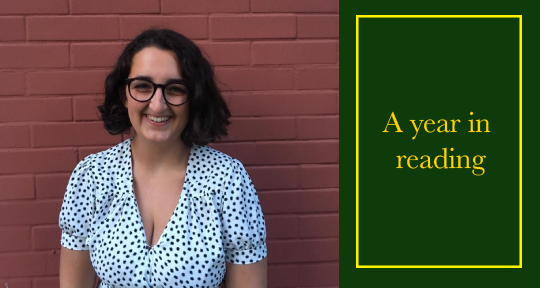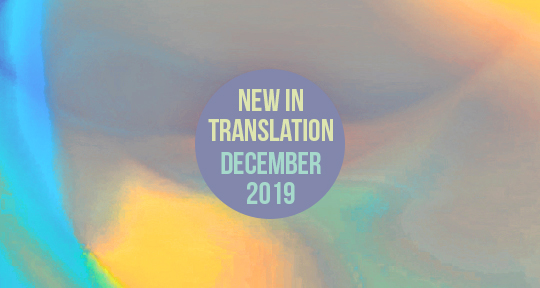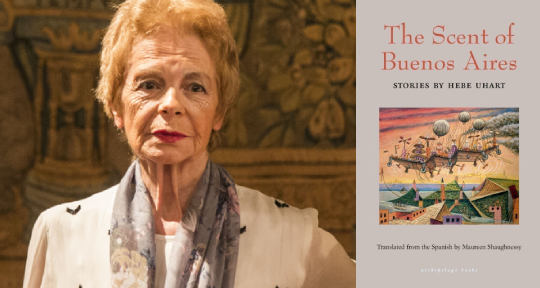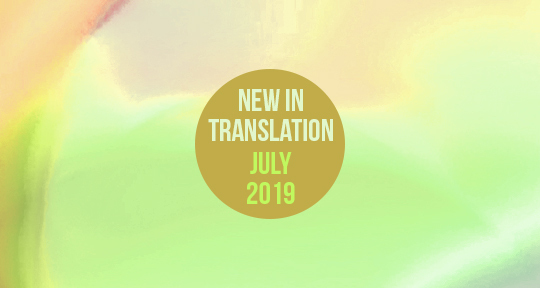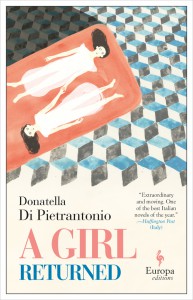This week, our writers around the globe are celebrating the ever-growing interest in literature from countries that have been underrepresented in translation. In Slovakia, our Editor-at-Large looks back over the best works of the last thirty years, as well as the biggest literary prize-winners of 2019. In Argentina, acclaimed singer Adrián (Dárgelos) Rodríguez releases his debut poetry collection, and a new program in narrative journalism is launched in Buenos Aires. In Uzbekistan, we review two new English translations of major Uzbek classics. Read on to find out more!
Julia Sherwood, Editor-at-Large, reporting from Slovakia
As 2019 drew to a close, the customary best-of lists in Slovakia were topped by Čepiec (The Bonnet), a difficult-to-classify blend of ethnographic and historical exploration, social criticism, and autobiographical psychological probe—the first foray into prose by the acclaimed poet Katarína Kucbelová.
The anniversary of the Velvet Revolution of November 1989 prompted a number of searches for the best literary works produced over the past thirty years. The most comprehensive survey, on PLAV.sk (Platform for Literature and Research), invited one hundred and thirty scholars, critics, writers, translators, and publishers to pick the best book of poetry, fiction, literary nonfiction, and criticism. Štefan Strážay’s collection Interiér (1992, The Interior) garnered the highest number of votes in the poetry category, with past Asymptote contributor Peter Macsovszky’s 1994 collection Strach z utópie (Fear of Utopia) coming a close second. The fiction list was dominated by Peter Pišťanek’s prescient dystopian satire Rivers of Babylon (1991, trans. Peter Petro, 2007), followed by his Mladý Dônč (Dônč Junior, yet to be translated into English) and cult author Rudolf Sloboda’s novel Krv (1991, Blood). As for “best writer,” the top four—Pavel Vilikovský, Balla, Ivana Dobrakovová, and Peter Pišťanek—all luckily have books available in English. More information on Slovak literature is available on the portal SlovakLiterature.com (full disclosure: I launched this website with Magdalena Mullek in September 2019 to promote Slovak literature in English). READ MORE…





